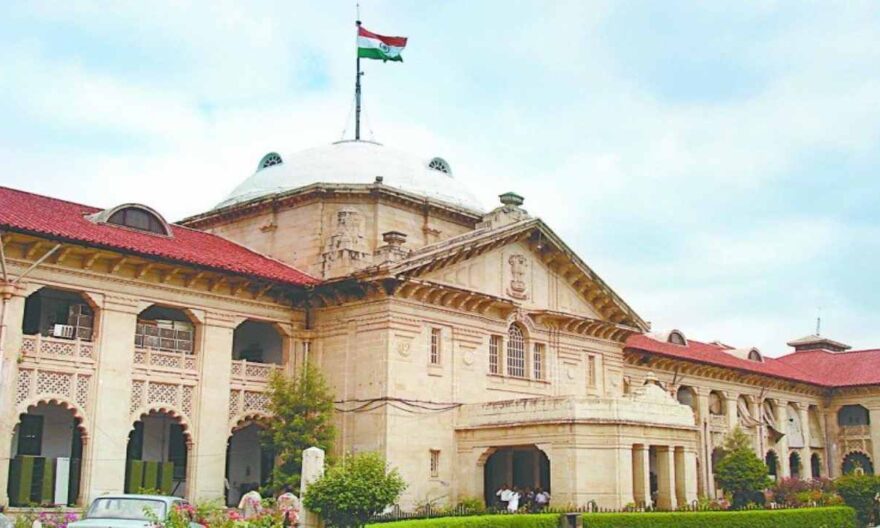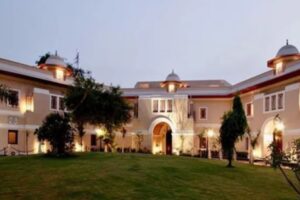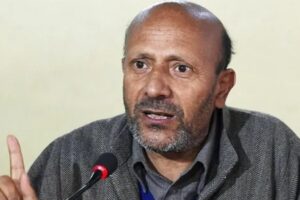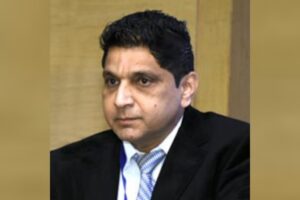
The Lucknow bench of Allahabad High Court has recently held that a recorded phone conversation is an admissible piece of evidence that can’t be discarded even if obtained illegally.
The bench stated that, “The communication between the mobile phones of two accused persons when recorded on a digital voice recorder after putting the call on speaker, will not amount to interception.”
A bench of justice Subhash Vidyarthi made an observation while passing an order on a revision plea moved by Mahant Prasad Ram Tripathi, a former CEO of Fatehgarh Cantonment Board.
Furthermore, the petitioner approached the HC against the trial court’s order that rejected his discharge application seeking clean chit in a bribery case.
The petitioner challenged the proceedings of the trial court on the ground that the entire case was based on recording of phone conversation which was obtained in an illegal manner and as such since this evidence can’t be admissible, the proceedings before the trial court was a futile exercise.
While rejecting the petitioner’s revision plea, the bench observed, “Whether the telephonic conversation between the two accused persons was intercepted or not and whether it was done legally or not, would not affect the admissibility of the recorded conversation in evidence against the petitioner.”
The bench stated, “The law is clear that evidence can’t be refused to be admitted by the court on the ground that it had been obtained illegally.”
The petitioner was accused of demanding an amount of Rs 1.65 Lakh in bribe through Shashi Mohan (member of the Board).
The CBI recorded a telephonic conversation between the two accused on a digital voice recorder, after one of accused put the phone on speaker.





